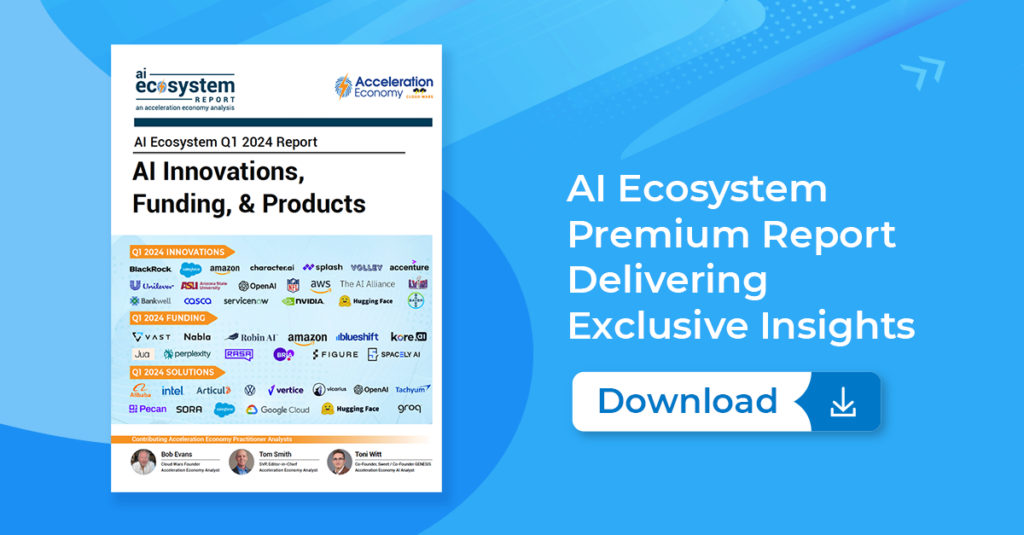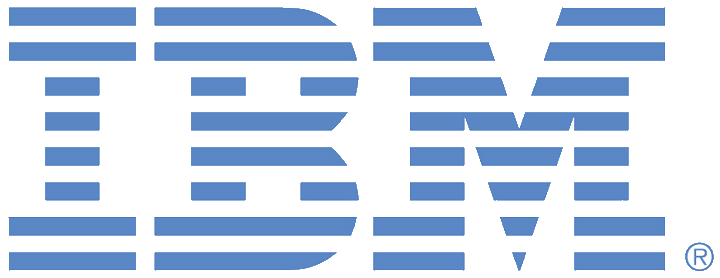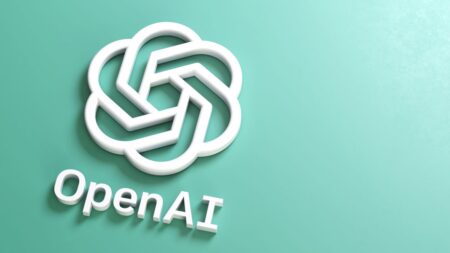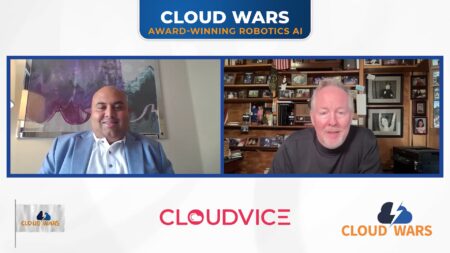Speaking on location from Think2024, IBM’s conference for customers and ecosystem partners in Boston, Kenny Mullican and Toni Witt chat with Bob Evans and John Siefert about their top takeaways after Tuesday, which was day one of the conference. In this roundtable, they discuss the transformative impact of AI and GenAI on industries and workforce productivity.
Highlights
Day 1 Overview (01:02)
At Think last year, GenAI was about six months old and generating a lot of buzz. Flash forward to today, and it is delivering a lot more meat, Kenny says. CEO Arvind Krishna talked about AI as a technology like steam engines, electricity, and smartphones — it will similarly change the world. AI is expected to create a $4 trillion productivity bump to GDP by 2030.
Bob cites a recent IBM study of CEOs on the impact of GenAI in the workforce. More than 50% said GenAI initiatives are being pushed faster than a lot of employees are comfortable with, but people have to get comfortable. And, 50% of the CEOs said their companies are hiring for GenAI-specific skills that didn’t exist a year ago. There’s also a scary finding: More than 50% of the CEOs said they haven’t yet assessed the impact of GenAI on their workforces.
John references an Acceleration Economy study on the pace of AI innovation, and 85% said it’s moving at a pace that’s “fast” to “frenetic.”
IBM’s watsonx, Partners, and Startup Innovation (05:03)
Toni says watsonx was released about 10 months ago and, since that time, IBM has done an “incredible” job solidifying the technology into a broader product offering, from watsonx.ai to watsonx.governance. They announced watsonx Assistant, which is essentially an assistant that can help with subtasks such as code generation or natural language generation.
In terms of partnerships, the keynote featured the CEO of Adobe, Shantanu Narayen, discussing how the two companies are working together. A representative from Saudi Arabia’s AI research arm discussed a private-public partnership. They created a language model in Arabic because Arabic has been really under-utilized in AI and this model can recognize and work with over 20 Arabic dialects.

As a startup founder, Toni has had great conversations with other startups and small teams that are co-creating with IBM’s team to find “brilliant” solutions that add value to the end customer. Recent discussions with Bakstage.ai showcased an example of IBM’s work with startups and partners.
Coopetition and Quantum (08:50)
Kenny notes that companies can’t operate in a vacuum in the “cloud economy,” and they must work with their competitors when that collaboration benefits customers. IBM recognizes the need for its software stack to run on Microsoft Azure, AWS, and Google Cloud.
Kenny also raises quantum computing; while you may be inclined to think of it as really far into the future but there have been 3 trillion individual experiments conducted with IBM quantum computers. There will be specialized cases where problems that could never be solved before with classic computers will be solved with quantum: world hunger, curing diseases, populating outer space.
Krishna’s Leadership and Ecosystem Approach (12:07)
Arvind Krishna is beginning his fifth year as CEO, and Bob says Krishna has done a great job rationalizing the portfolio, focusing the company so it’s not trying to compete in every segment of the tech industry. Instead, IBM has embraced the role of having industry expertise, technology expertise, security, and more. IBM has new or expanded partnerships with Salesforce, NVIDIA, AWS, Palo Alto Networks, Microsoft, ServiceNow, and Honda — they span not just the tech industry but customers as well.

The AI Ecosystem Q1 2024 Report compiles the innovations, funding, and products highlighted in AI Ecosystem Reports from the first quarter of 2024. Download now for perspectives on the companies, investments, innovations, and solutions shaping the future of AI.














